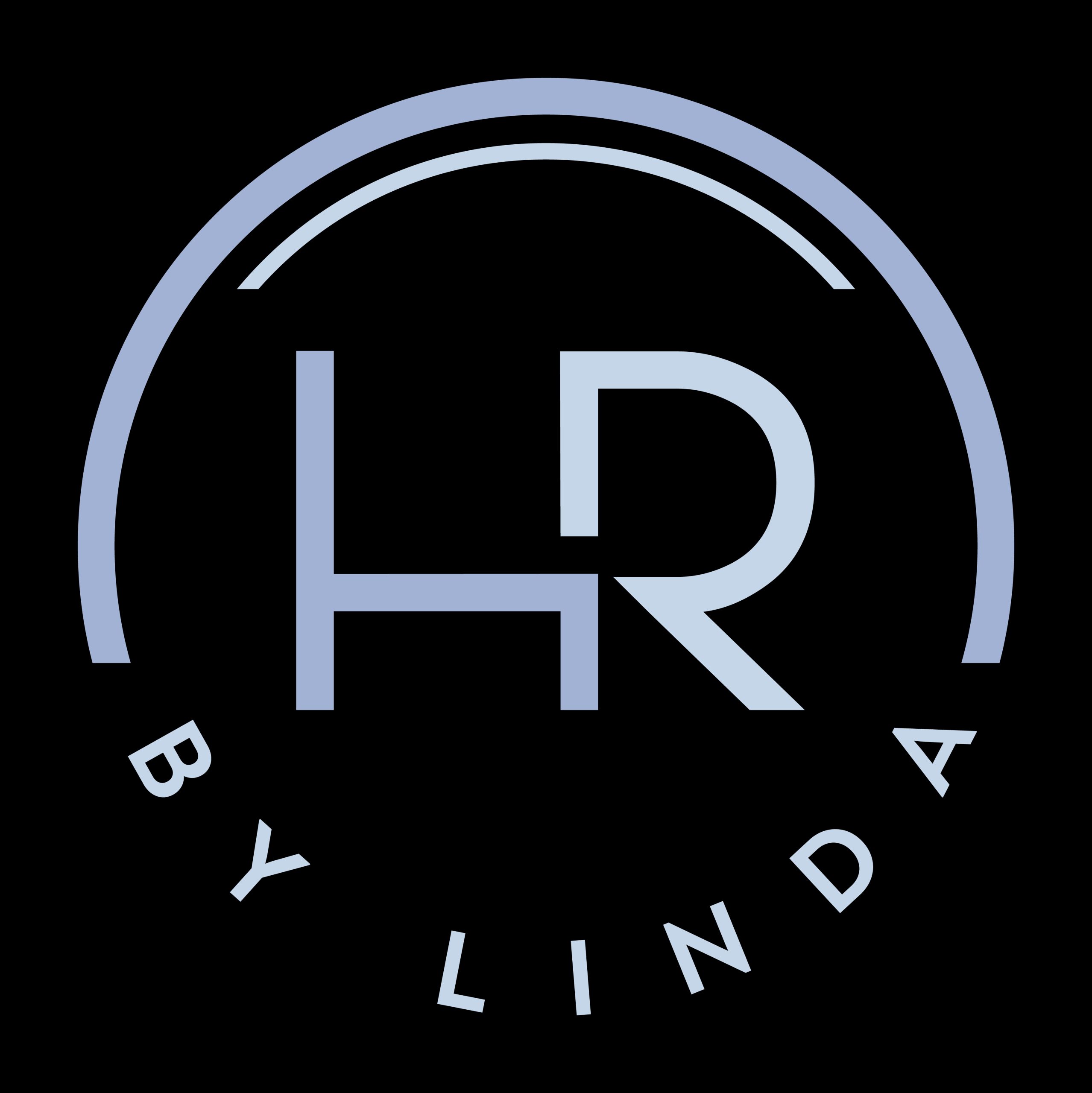A job interview is your chance to make a great impression and prove that you’re the right fit for the role. While your experience and skills matter, what you say during the interview can make or break your chances. Knowing how to communicate effectively—and what to avoid saying—can give you a competitive edge. Here’s a guide to help you navigate the conversation with confidence.
What to Say in a Job Interview
1. A Strong Introduction
First impressions matter. Start with a confident and friendly introduction.
✔️ Example: “It’s great to meet you. I appreciate the opportunity to interview for this role. I’m excited to share how my experience aligns with your needs.”
2. Clear and Concise Answers
Employers appreciate candidates who can communicate their thoughts clearly. Use the STAR method (Situation, Task, Action, Result) to structure your responses.
✔️ Example: “In my previous role, I was responsible for improving the onboarding process. I implemented a new system that reduced training time by 30%, which helped new hires become productive faster.”
3. Specific Examples of Your Achievements
Instead of making general statements, back up your skills with quantifiable results.
✔️ Example: “I increased social media engagement by 40% in six months by introducing a new content strategy.”
4. Enthusiasm for the Role and Company
Show that you’ve done your research and are genuinely excited about the opportunity.
✔️ Example: “I admire your company’s commitment to innovation. I was particularly impressed by your recent product launch, and I’d love to contribute to similar projects.”
5. Thoughtful Questions
Always have a few questions prepared to show your interest and engagement.
✔️ Example: “What do you see as the biggest challenge for this role in the first six months?”
✔️ Example: “How would you describe the company culture, and what do you enjoy most about working here?”
What NOT to Say in a Job Interview
1. Negative Comments About Past Employers
Speaking negatively about a previous boss or company can make you seem unprofessional.
❌ Example: “My last manager was terrible, and I couldn’t wait to leave.”
✅ Instead: “I learned a lot from my previous role and am looking for new challenges to grow professionally.”
2. Overly Vague or Generic Answers
Avoid responses that don’t provide enough detail.
❌ Example: “I’m a hard worker and a team player.”
✅ Instead: “I thrive in team environments, and in my last project, I collaborated with five departments to launch a successful campaign.”
3. Overemphasizing Salary Too Early
Bringing up salary and benefits too soon can make it seem like you’re only interested in the paycheck.
❌ Example: “How much does this job pay?”
✅ Instead: “I’m open to discussing compensation once I learn more about the role and expectations.”
4. Lack of Preparation
Not knowing about the company can make you look disinterested.
❌ Example: “What does your company do again?”
✅ Instead: “I read about your recent expansion into new markets—how has that impacted the company’s growth strategy?”
5. Desperation or Lack of Confidence
Even if you really need the job, avoid sounding desperate.
❌ Example: “I’ll take anything. I just really need a job.”
✅ Instead: “I’m excited about this opportunity because it aligns with my skills and career goals.”
Final Thoughts
A successful interview isn’t just about having the right qualifications—it’s about knowing how to present yourself professionally. By focusing on clear, confident communication and avoiding common pitfalls, you can leave a lasting impression and increase your chances of landing the job.
Prepare, practice, and go into your next interview ready to shine!

